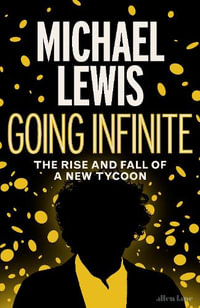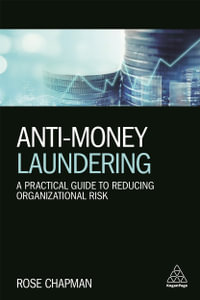
Revisiting Keynes
Economic Possibilities for Our Grandchildren
By: Lorenzo Pecchi
Paperback | 13 August 2010
At a Glance
Paperback
RRP $79.99
$53.40
33%OFF
Aims to ship in 25 to 30 business days
When will this arrive by?
Enter delivery postcode to estimate
Industry Reviews
In this book, Keynes's essay (which says as much about his outsider-insider position in the Bloomsbury Group as anything else) serves as the ink blot in a Rorschach test for leading contemporary economists. Their interpretations of it reveal some of their underlying attitudes to economy and society, just as he revealed his when he wrote it.
-- John Toye * Economic History Review *The differences in the contributors' research backgrounds and disposition toward Keynesian ideas add richness to the analysis as they bring their own perspectives to bear on Keynes' work and most readers will likely agree that the book could not be more timely.
-- Linda K. Carter * EH.Net *ISBN: 9780262515115
ISBN-10: 0262515113
Series: Revisiting Keynes
Published: 13th August 2010
Format: Paperback
Language: English
Number of Pages: 228
Audience: General Adult
For Ages: 18+ years old
Publisher: RANDOM HOUSE US
Country of Publication: US
Dimensions (cm): 0.1 x 0.1 x 0.1
Shipping
| Standard Shipping | Express Shipping | |
|---|---|---|
| Metro postcodes: | $9.99 | $14.95 |
| Regional postcodes: | $9.99 | $14.95 |
| Rural postcodes: | $9.99 | $14.95 |
How to return your order
At Booktopia, we offer hassle-free returns in accordance with our returns policy. If you wish to return an item, please get in touch with Booktopia Customer Care.
Additional postage charges may be applicable.
Defective items
If there is a problem with any of the items received for your order then the Booktopia Customer Care team is ready to assist you.
For more info please visit our Help Centre.























